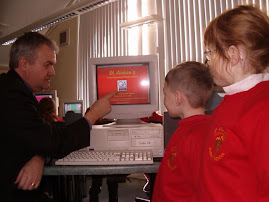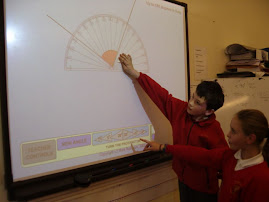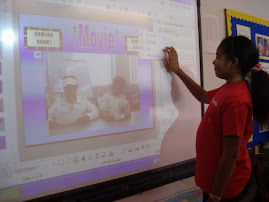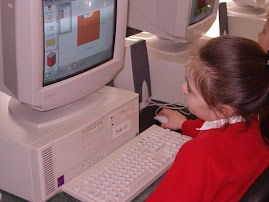

Assessment tools for ICT in education
Many tools now exist for measuring the impact of ICT in education, either in the form of online questionnaires, printable forms, charts or frameworks. Respondents are similarly diverse: teachers, administrative staff, educational leaders or can even be the students themselves. Often self-assessment based, tools assess staff skills in technology, levels of ICT integration into lessons, student improvement due to ICT use and attitudes, amongst other issues.
In summary and to weigh up the advantages and disadvantages of each tool, the following chart has been taken from the article Take a Varied Approach to Assessment by Barbara Bray
Planning Assessment.
Assessment is an essential part of normal teaching and learning in all subjects. It can take many forms and be used for a range of purposes. To be effective assessment must be ‘fit for purpose’; being clear what you want the assessment to achieve will determine the nature of the assessment and what the outcome will be.
When planning assessment consider the following.
Purpose – What is the assessment for and how will it be used?
Does it form part of ongoing assessment for learning to provide individual feedback or targets so that the pupil knows what to do next? Is it to provide an overall judgment about how the pupil is progressing against national curriculum levels? Related to this is the need to consider how the purpose of assessment affects the frequency of assessment. For example, there should be sufficient time between level-related judgments to allow a pupil to show progress, whereas to be effective the assessment of ongoing work should be embedded in day-to-day teaching and learning.
Evidence – What are the best ways to gather the evidence needed to support the purpose of the assessment?
Assessment shouldn’t be limited to written outcomes and any meaningful judgment of progress or attainment should be based on a range of evidence. This could include assessing the learning as it’s happening through observation, discussion or focused questioning; involving pupils in the process through peer or self-assessment; or sampling a range of work over a period of time. If there are areas where you don’t have sufficient evidence you could either adjust you’re planning or use a more focused short task or test to fill the gap. The gathering of evidence also needs to be manageable. With care, the same evidence may be used for a variety of purposes.
Outcome – What form will the assessment outcome take and how will it be used?
Depending on the purpose of the assessment the outcome could be a level judgment of progress over time or a specific and measurable improvement target for the pupil. Effective use of the assessment outcome results in actions such as providing an instant response or planning for the longer term. The best means of communicating assessment outcomes should be considered. For example, it might be through written feedback or discussion. The outcome may also provide you with valuable information for your future planning, by identifying areas that need to be revisited by a class or individuals to secure understanding or by revealing gaps in curriculum coverage where there is no evidence of achievement in a particular area to assess.
Further guidance on gathering evidence, integrating assessment, periodic assessment and the role of tasks and tests can be found under Principles for national curriculum assessment.
Further guidance on day-to-day assessment and peer and self-assessment can be found under Principles for ongoing assessment.
Exemplification of standards and approaches
QCA is working with schools to develop examples of effective ways of collecting evidence and providing feedback through assessment for learning and periodic assessments in subjects. The materials produced will show how assessment practices within and between subjects can support learning, embed standards and be part of effective teaching of the revised programmes of study. They will:
• demonstrate ways to collect evidence of pupils’ knowledge, skills and understanding as seen in their talk, actions and outcomes
• provide examples of manageable ways of collecting evidence
• Include evidence of subject standards.
These materials will be available from the assessment section of the website in 2008.
Tasks to support assessment in ICT
Building on the existing assessing pupils’ progress (APP) approach in English, mathematics and science, assessment tasks for foundation subjects are being developed to provide evidence related to level descriptions. These can be used to support periodic assessment by offering confirmation of teachers’ evaluation of the level their pupils are working at or to provide supplementary information on aspects of learners' performance when there isn’t sufficient evidence to make a judgment. These tasks will be available from the assessment section of the website in 2008.
http://curriculum.qca.org.uk/subjects/ict/keystage3/Supporting_guidance_on_assessment_for_ICT.aspx





































_JPG.jpg)
_JPG.jpg)
_JPG.jpg)
_JPG.jpg)
_JPG.jpg)

No comments:
Post a Comment